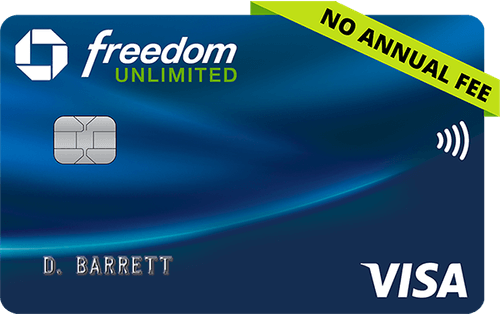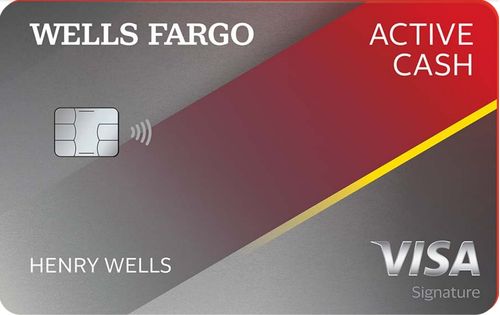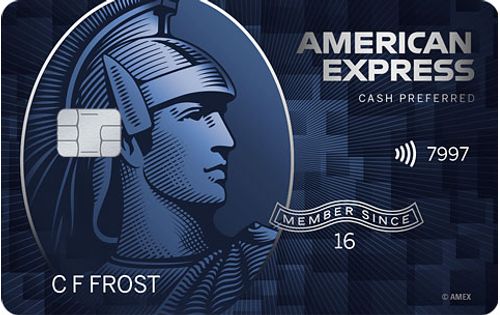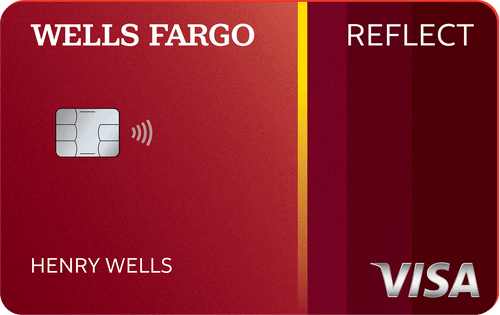WalletHub, Financial Company
@WalletHub
The number of credit cards that’s “too many” to handle differs from person to person. Too many credit cards for most people could be six or more, as the average American has a total of five credit cards, but it ultimately depends on how well you can manage one credit card, then two, and so on. Everyone should have at least one credit card for credit-building purposes, though, even if they don’t use it to make purchases.
If you’re not sure how many credit cards is too many for you, there are several factors you can think about when making your decision. In particular, consider your recent spending and payment history. If you’re having trouble paying the full statement balance by the due date on each account you already have open, think twice about applying for another credit card account.
How to Determine How Many Credit Cards Is Too Many for You
1. Look at your credit report and score
If you have a history of financial mistakes, such as missed payments, you probably don’t want to get more than one card until you prove yourself to be a responsible borrower. Besides, it may be hard to get more than one worthwhile card with damaged credit, anyway.
You can check your credit score and credit report for free right here on WalletHub. We’ll also give you personalized tips for how to improve your score.
2. Review your utilization and payment history
If you’re maxing out all the cards you have, credit card companies probably won’t want to give you more spending power. Plus, credit card debt can be very expensive, and you don’t want to rack up balances that exceed what you can repay comfortably.
3. Consider credit card company rules
Some issuers have unofficial rules regarding how many credit cards is too many for an applicant to have. For example, there are lots of rumors floating around that Chase will deny a credit card application if you’ve already opened five accounts (from any issuers) in the past 24 months. Such restrictions could limit your options for opening a new account or just serve as a sign that you might want to slow down the pace of your applications.
4. Determine how well you’re keeping track of your credit cards
Even if your credit is good and you’ve never forgotten to pay a bill, that doesn’t mean you never will. Having too many open accounts to keep track of can lead to forgotten due dates, interest charges from simply forgetting to pay a credit card in full, and other issues. If you have trouble listing your credit cards from memory, you’re likely to forget to pay one at some point.
One other thing you should watch out for is applying for too many credit cards too quickly. It’s best to not apply for more than one or two per year, as each application puts a hard inquiry on your credit report and temporarily hurts your credit score.
Benefits of Having Multiple Credit Card Accounts
You can get the best collection of rates and rewards for your biggest transactions.
For example, you could get a flat-rate cash back credit card for everyday expenses, a bonus rewards card for travel, and a balance transfer card to reduce the cost of existing debt. This can give you a better collection of terms than any single card is likely to provide. Just be sure to pay the bill in full every month when the regular APR is in effect, so costly interest charges don’t wipe out any rewards you’ve earned.
Using multiple cards responsibly can raise your credit score.
Having several credit cards can boost your credit score by increasing the amount of positive information that gets added to your credit report each month, assuming you pay the bills on time and keep your credit utilization low. On that note, having more cards can decrease your overall utilization if you keep your spending the same.
Your payment history and the amount of credit you’re using compared to your credit limit are two of the most important factors that go into calculating your credit score. A track record of consistent on-time payments and a low credit utilization ratio can result in better credit account terms in the future.
You’ll have a backup if your primary credit card is lost or stolen.
The access to additional credit will come in handy, as it could take several days before you receive your replacement card.
Having too few credit cards carries other risks as well. For example, a limited payment history and a high credit utilization ratio can make it difficult to generate a strong credit score, which in turn could hinder your chances of getting approved for other credit accounts with favorable terms in the future.
Ultimately, the more data that’s at your disposal, the easier it will be to decide how many credit cards you should have. WalletHub can help with free daily credit score updates and personalized credit-improvement advice.

James R, Member
@BaysideSunset25
Credit cards are like kitchen knives - having 20 specialized tools might make you a master chef, but most folks do fine with a chef’s knife, paring knife, and bread knife. I run 3: daily driver, travel card, and backup. More than that? Only if you’re slicing through reward programs like Gordon Ramsay.
But the real limit isn't a number - it’s when you start forgetting due dates or missing payments. Know your organizational limits before chasing rewards.
Dodger Bernard, Member
@dodger_bernard
This question doesn't have a one-size-fits-all type of answer. It all depends on your debt-to-income ratio, your credit utilization rate, and how easy it is for you to manage credit cards.
Sallie Berger, Member
@sallie_berger
It's all about your income. If you can afford monthly payments on all your credit cards, it means you've got enough. If you can't, it means you've got too many.
Jeffery Surratt, Member
@jefferys_100
I have twenty credit cards with total credit lines of $70,000. I have income of just $37,104 per year. I have just $4,500 in CC balances on six zero interest cards. I have 770 to 800 credit score up from 560 - 36 months ago, as I paid down $28,000 in debt. I have not missed a CC payment in 13 years. I will have zero credit card debt in Dec 2020. I only use CCs for the rewards and will never pay a cent in interest. I love using the banks money for free with the zero interest deals. I even purchased 145 ounces of silver, 18 months ago, using a zero interest PayPal account. Never use a Credit card for a purchase that you cannot pay off in 6 months or less, no matter how many credit cards you have in your wallet.
Robert KK, Member
@robkim_ca
It's not about the number of cards, it's about whether you can manage them responsibly. I've seen folks with 30+ cards who never pay interest, and others who drown with just one.
Rules of thumb:
- If you're missing payments or carrying balances, you've got too many.
- If you're maximizing rewards without debt, keep going.
Start with 2-3 (daily driver + category bonuses) and expand only if you're organized.
Junior Clinton Walker, Member
@junior
The question could be answered with another question really. “Why is the credit card needed?” If your reply is ‘to build credit’ or ‘perks’ you're playing a dangerous game of financial chance, a game that is extraordinarily in the favor of the banking systems and loan institutions. Your fico score is comprised of 5 categories, all of which revolve around debt:
payment history (35%), amounts owed (30%), length of credit history (15%), new credit (10%), and credit mix (10%).
People also ask
Did we answer your question?
Important Disclosures
Ad Disclosure: Certain offers that appear on this site originate from paying advertisers. For full transparency, here is a list of our current advertisers.
Advertisers compensate WalletHub when you click on a link, or your application is approved, or your account is opened. Advertising impacts how and where offers appear on this site (including, for example, the order in which they appear and their prevalence). At WalletHub we try to present a wide array of offers, but our offers do not represent all financial services companies or products.
Advertising enables WalletHub to provide you proprietary tools, services, and content at no charge. Advertising does not impact WalletHub's editorial content including our best picks, reviews, ratings and opinions. Those are completely independent and not provided, commissioned, or endorsed by any company, as our editors follow a strict editorial policy.



